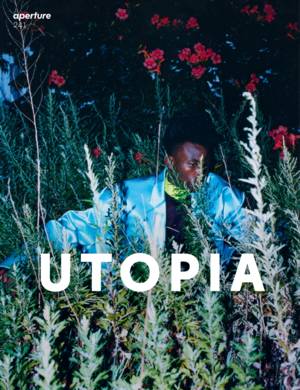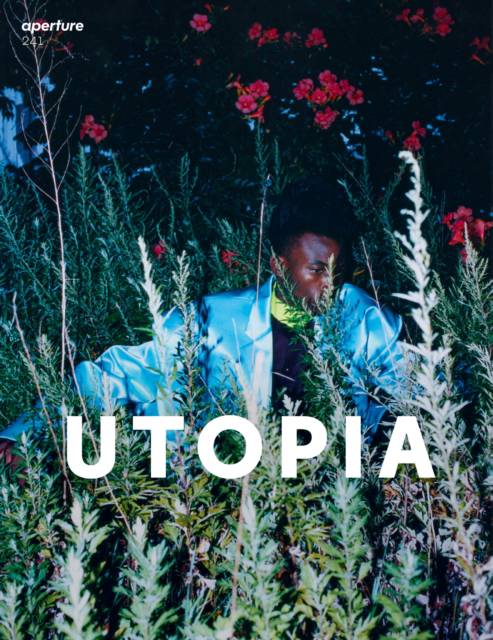
- Afhalen na 1 uur in een winkel met voorraad
- Gratis thuislevering in België vanaf € 30
- Ruim aanbod met 7 miljoen producten
- Afhalen na 1 uur in een winkel met voorraad
- Gratis thuislevering in België vanaf € 30
- Ruim aanbod met 7 miljoen producten
Zoeken
€ 29,95
+ 59 punten
Omschrijving
If the year 2020 has resembled a disquieting sci-fi plot or a sinister speculative work, this year has also shown us that other ways of living are possible?if the collective will exists. But is it naive to speak of utopia today? In this issue, artists, photographers, and writers envision a world without prisons, document visionary architecture, honor queer space and creativity, and dream of liberty through spiritual self-expression. They show us that utopia is not a far-fetched scheme, or a “no place” (the literal meaning of the word utopia), but rather a way of reconsidering the everyday.
Salamishah Tillet considers Tyler Mitchell’s portraits of Black people resting in open green space, while Sara Knelman shows the liberatory possibilities of feminist collage work of Lorna Simpson, Mickalene Thomas, Sara Cwynar, and Alanna Fields. From Afro-Futurist aesthetics to the eco-idealism of Biosphere 2, “Utopia” issue explores the role of photographs in shaping our future.
Salamishah Tillet considers Tyler Mitchell’s portraits of Black people resting in open green space, while Sara Knelman shows the liberatory possibilities of feminist collage work of Lorna Simpson, Mickalene Thomas, Sara Cwynar, and Alanna Fields. From Afro-Futurist aesthetics to the eco-idealism of Biosphere 2, “Utopia” issue explores the role of photographs in shaping our future.
Specificaties
Betrokkenen
- Auteur(s):
- Uitgeverij:
Inhoud
- Aantal bladzijden:
- 136
- Taal:
- Engels
- Reeks:
Eigenschappen
- Productcode (EAN):
- 9781597114868
- Verschijningsdatum:
- 1/12/2020
- Uitvoering:
- Paperback
- Afmetingen:
- 190 mm x 235 mm
- Gewicht:
- 850 g

Alleen bij Standaard Boekhandel
+ 59 punten op je klantenkaart van Standaard Boekhandel
Beoordelingen
We publiceren alleen reviews die voldoen aan de voorwaarden voor reviews. Bekijk onze voorwaarden voor reviews.











